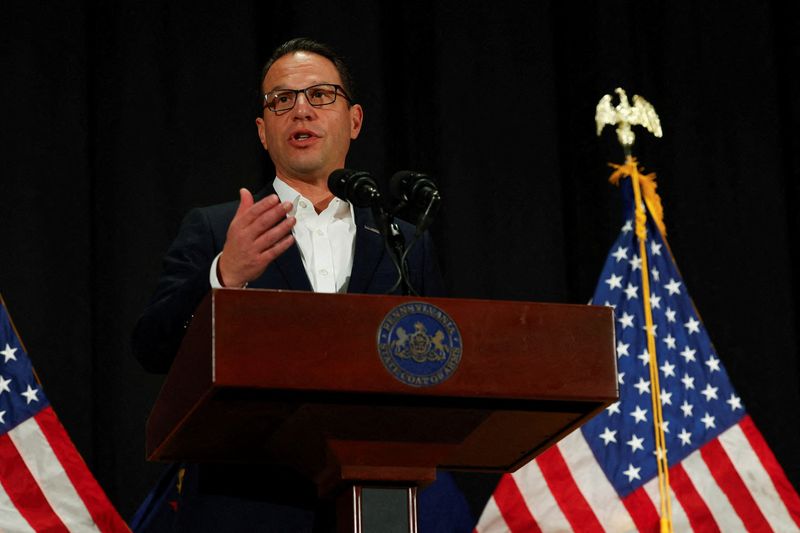If you’re looking for a way to save on your medical expenses, you should consider opening a health savings account (HSA). An HSA is a tax-advantaged account that allows you to save money for medical expenses. Here are some of the many benefits of HSAs:
- You can use an HSA to pay for qualified medical expenses, including doctor visits, prescriptions, and dental and vision care.
- HSAs are tax-exempt, which means that you won’t have to pay taxes on the money you contribute.
- You can withdraw money from your HSA at any time without penalty.
- HSAs offer a great way to save for retirement.
What is a health savings account?
A health savings account (HSA) is a tax-advantaged account that allows you to save money for medical expenses. You can use an HSA to pay for qualified medical expenses, including doctor visits, prescriptions, and dental and vision care.
How do health savings accounts work?
HSAs are available to people who are enrolled in a high-deductible health plan (HDHP). An HDHP is a health insurance plan with lower monthly premiums and higher deductibles than a traditional health insurance plan.
To be eligible for an HSA, you must be enrolled in an HDHP and you cannot be covered by another health insurance plan. You also cannot be enrolled in Medicare.
If you’re eligible for an HSA, you can open an account at a bank, credit union, or other financial institution. Once you have an account, you can make contributions to it. The money in your HSA grows tax-free and you can use it to pay for qualified medical expenses.
What can I buy in my health savings account?
If you want to invest in your HSA, you can buy stocks, bonds, mutual funds, and ETFs. With an HSA you have much more control over how your money is used and invested.
Can the health savings account be used for retirement?
Yes, the money in your HSA can be used for retirement. You can use it to pay for qualified medical expenses, including doctor visits, prescriptions, and dental and vision care. You can also use it to save for retirement. The money in your HSA grows tax-free and you can use it to pay for qualified medical expenses.
Health savings account pros and cons?
The main advantage of an HSA is that it offers a great way to save for medical expenses and retirement. The money in your HSA grows tax-free and you can use it to pay for qualified medical expenses. Another advantage of an HSA is that it offers more control over how your money is used and invested.
A disadvantage of an HSA is that you must be enrolled in a high-deductible health plan to be eligible for one. This means that you’ll have to pay more out-of-pocket costs before your insurance kicks in. Another disadvantage of an HSA is that you can only use the money for qualified medical expenses. This means that you won’t be able to use it for non-medical expenses, such as vacations or new cars.
Is contribution to the health savings account tax-deductible?
Yes, the money you contribute to your HSA is tax-deductible. This means that you won’t have to pay taxes on the money you contribute. You can also withdraw money from your HSA at any time without penalty.
Types of health savings accounts?
There are two types of HSAs: self-only and family. Self-only HSAs are available to people who are enrolled in a high-deductible health plan (HDHP) and have no other health insurance coverage. Family HSAs are available to people who are enrolled in an HDHP and have other health insurance coverage, such as a spouse’s or parent’s health plan.
How much can I contribute to my health savings account?
For 2020, the maximum contribution limit for an HSA is $3400 for an individual with self-only coverage or $6800 for a family.
You can also make catch-up contributions if you’re age 55 or older. For 2020, the catch-up contribution limit is $1000.
Can I transfer my health savings account to another person?
Yes, you can transfer your HSA to another person. However, there are some restrictions. For example, you can only transfer your HSA to a spouse or dependent. You also can’t transfer your HSA to a person who is not eligible for an HSA.
What happens to my health savings account when I die?
When you die, the money in your HSA stays in your account. Your beneficiaries can use the money to pay for qualified medical expenses.
Who qualifies for a health savings account?
To be eligible for an HSA, you must be enrolled in a high-deductible health plan (HDHP). You also cannot have any other health insurance coverage, such as a spouse’s or parent’s health plan. You also cannot be enrolled in Medicare.
If you’re eligible for an HSA, you can open an account at a bank, credit union, or other financial institution. You can also open an account through your employer.
How do I use my health savings account?
To use your HSA, you’ll need to have a debit card or checkbook. You can use your HSA to pay for qualified medical expenses, such as doctor visits, prescriptions, and dental and vision care. You can also use your HSA to save for retirement.
When you use your HSA to pay for qualified medical expenses, the money is withdrawn from your account tax-free. When you use your HSA to save for retirement, the money grows tax-free.
Is health savings account a good idea?
There are a few things to consider when deciding whether or not an HSA is right for you. First, you’ll need to make sure that you’re eligible for an HSA. Second, you’ll need to decide how much you want to contribute to your HSA. Third, you’ll need to decide how you want to use your HSA.
An HSA can be a good idea if you’re eligible for one and you’re looking for a way to save for medical expenses. However, you’ll need to make sure that you understand the rules and restrictions associated with HSAs.
Conclusion
An HSA can be a good way to save for medical expenses. However, you need to make sure you understand the rules and restrictions associated with HSAs. You also need to decide how much you want to contribute to your HSA. Talk with your financial advisor to see if an HSA is right for you.
Further questions
What's your question? Ask it in the discussion forum
Have an answer to the questions below? Post it here or in the forum



